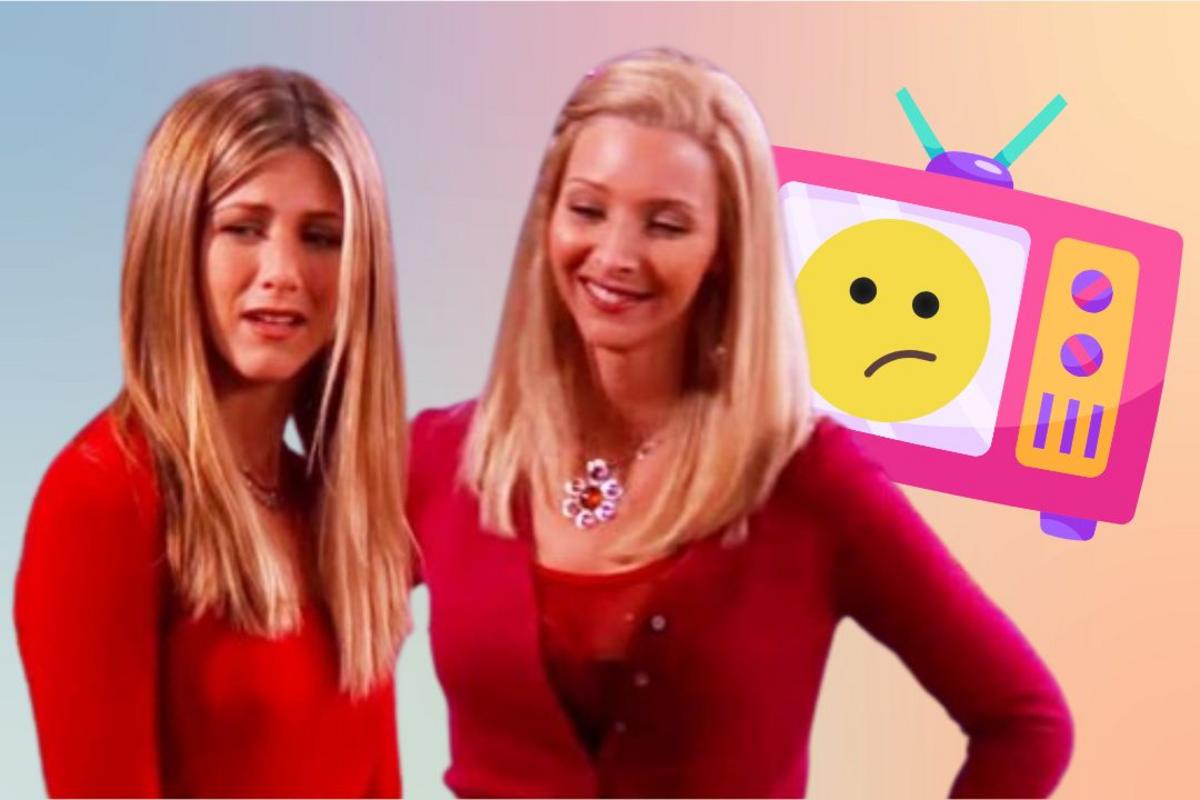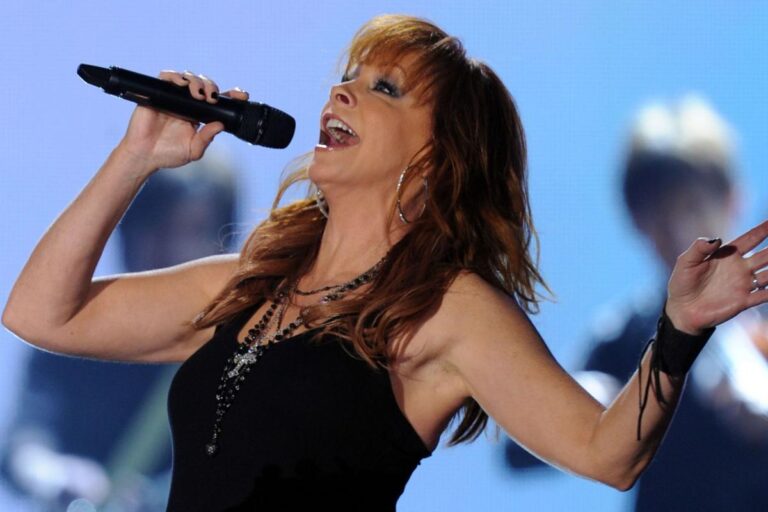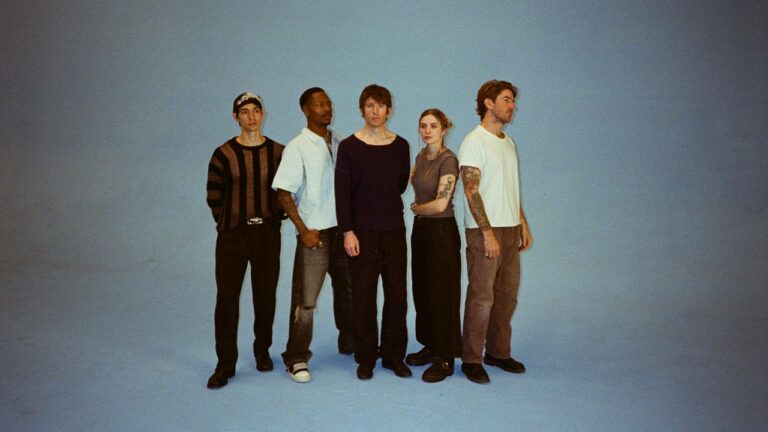There’s a lot of things that can ruin an otherwise decent sitcom.
A cheesy script or underwritten characters is one. Cringey, outdated jokes or overused, tired tropes is another.
But when it comes to completely destroying what otherwise could possibly be a decent or even good sitcom, TV audiences agree on this: Laugh tracks are the absolute worst.
According to voting audiences on Ranker, “laugh tracks ruin everything” when you’re watching a sitcom on TV.
Over 2,000 TV-watching users voted laugh tracks as the top annoying thing that makes them want to turn a show off immediately.
READ MORE: 15 Best TV Shows About Rich People That Audiences Love
According to an article from The Atlantic, the artificial laugh track is “the most hated sound in television,” while Time called it “one of the hundred worst ideas of the twentieth century” back in 1999. Yikes.
Thanks to the success of mid-century shows such as I Love Lucy and The Honeymooners, which were filmed in front of live audiences, the use of prerecorded canned laughter became popular during the rise of multi-camera television shows in the 1950s.
At the time, even animated series such as The Flintstones had laugh tracks.
The trend continued for decades, making its way into series including Everybody Loves Raymond, Seinfeld, Will & Grace, The Fresh Prince of Bel Air, Friends, How I Met Your Mother, Cheers, The Golden Girls, That ’70s Show, Two and a Half Men and so many more, even including the more recent Netflix series Fuller House.
It was also very popular on series featured on kids’ channels such as Nickelodeon and Disney Channel.
In these shows, laugh tracks helped set the tone for audiences and, in some cases, acted as a punctuation mark for many jokes.
Fortunately for many audiences, the laugh track became much less popular in the late 2000s thanks to newer sitcom comedy formats such as The Office, and is rarer to hear on more modern shows today.
Sitcom Moments That Were Surprisingly Dark
Sitcoms such as The Simpsons and The Golden Girls are often seen as light-hearted comedies, but these darker TV moments offer a different, deeper perspective.
Gallery Credit: Ryan Reichard



